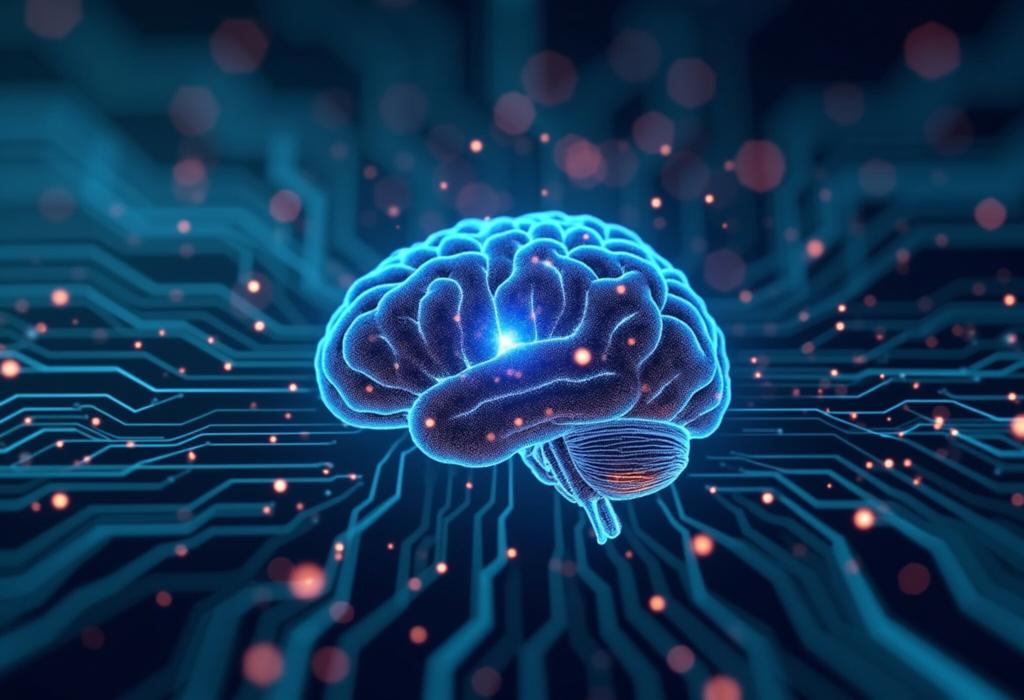As we move into 2025, the impact of artificial intelligence (AI) on various industries is becoming increasingly apparent. From finance to healthcare, AI technologies are streamlining operations, enhancing decision-making, and fostering innovation. Companies are investing heavily in AI-driven solutions to gain a competitive edge and meet the demands of a rapidly changing market. The rise of AI has also sparked discussions on ethical considerations and the need for regulatory frameworks to ensure responsible usage. Moreover, the pandemic has accelerated the adaptation of AI, leading to significant transformations in how businesses operate and interact with their clients.
As AI systems become more sophisticated, they are capable of analyzing vast amounts of data to provide insights that were previously unimaginable. This capability enables businesses to personalize their offerings, anticipate customer needs, and improve service delivery. However, the reliance on AI has raised concerns regarding job displacements and the potential biases embedded within these systems. The dialogue surrounding AI ethics, accountability, and transparency is not merely an academic exercise; it is crucial for the sustainable integration of these tools into society.
In summary, while AI promises numerous benefits, it also poses challenges that require careful navigation. As businesses continue to harness its potential, stakeholders must be vigilant to ensure that this technological evolution serves the interests of all, without compromising ethical standards or social responsibilities. This article has been analyzed and reviewed by artificial intelligence, highlighting the complexity and nuance of the topic.
AD
AD
AD
AD
Bias Analysis
Bias Score:
40/100
Neutral
Biased
This news has been analyzed from 18 different sources.
Bias Assessment: The article presents information in a generally neutral manner but tends to emphasize the positive aspects of AI while briefly acknowledging possible negatives. This slight disparity creates a moderate level of bias, especially because it does not delve deeply enough into the potential downsides, such as job losses and biases in AI systems.
Key Questions About This Article




